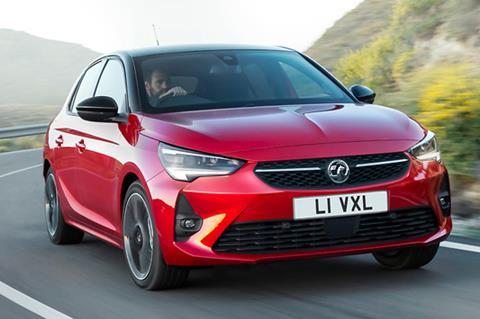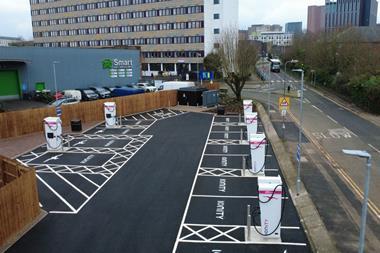
UK new car registrations fell for the fifth consecutive month in July, with a 9.0% reduction to 112,162 units, according to the latest figures from the Society of Motor Manufacturers and Traders (SMMT).
According to SMMT, global supply chain issues, predominantly the lack of semiconductors, continued to frustrate order fulfilment, exacerbated by Covid lockdowns in key manufacturing and logistics centres in China, plus disruption from the war in Ukraine, all of which restricted production output and thus supply into the UK new car market.
As in recent months battery electric vehicles (BEVs) were the best performers in growth terms, up 9.9% to 12,243 units to achieve a 10.9% market share for the month.
Although this is the weakest monthly uplift recorded by BEVs since the pandemic, overall growth in the year has reached 49.9% to deliver a 13.9% market share for the year-to-date.
July was a weaker month for hybrid electric vehicle (HEV) uptake, with registrations falling 6.7% to take 12.2% of the market. Plug-in hybrids (PHEVs) fell 34.0% which cut their market share to 5.8%.
Petrol cars still the dominate the market but sales in July were down 7.2% to 51,294, and a market share of 45.7%, while diesel cars continued their decline with sales of 6,210, down 29.3% on the year and a market share half the size of BEVs at 5.5%.
SMMT chief executive Mike Hawes said: “The automotive sector has had another tough month and is drawing on its fundamental resilience during a third consecutive challenging year as the squeeze on supply bedevils deliveries. While order books are strong, we need a healthy market to ensure the sector delivers the carbon savings government ambitions demand. The next Prime Minister must create the conditions for economic growth, restore consumer confidence and support the transition to zero emission mobility.”

































No comments yet